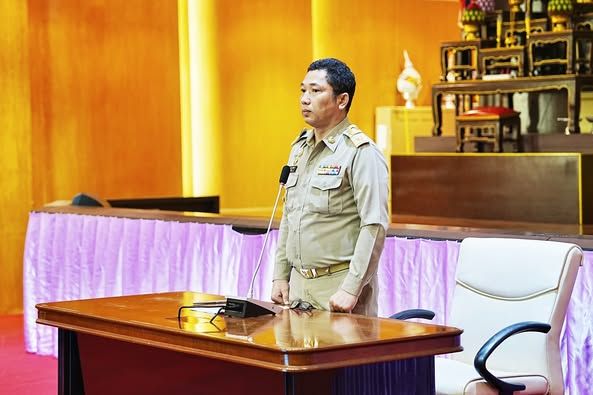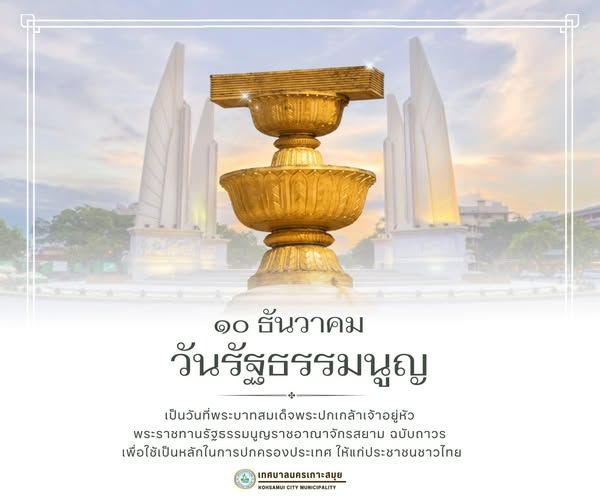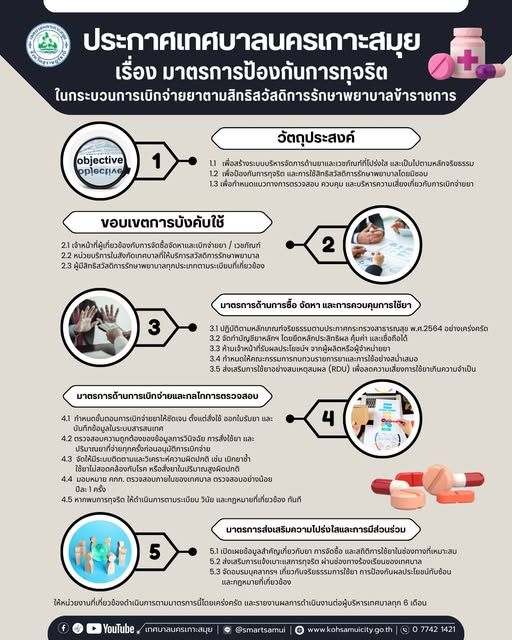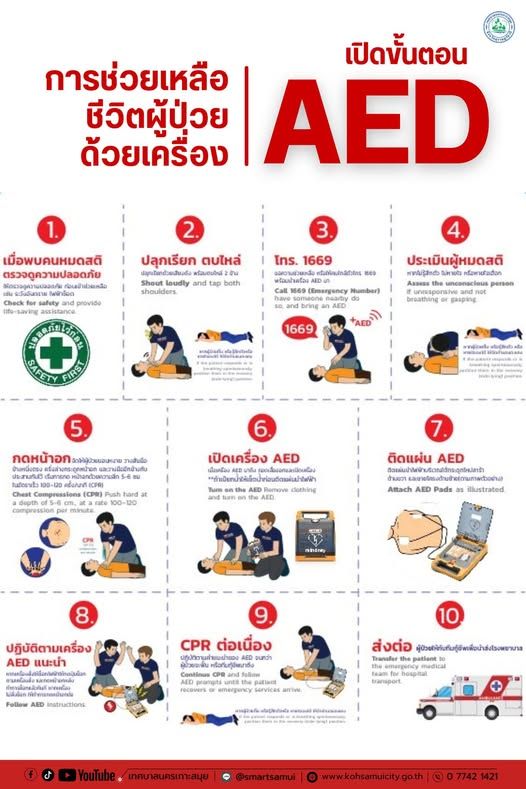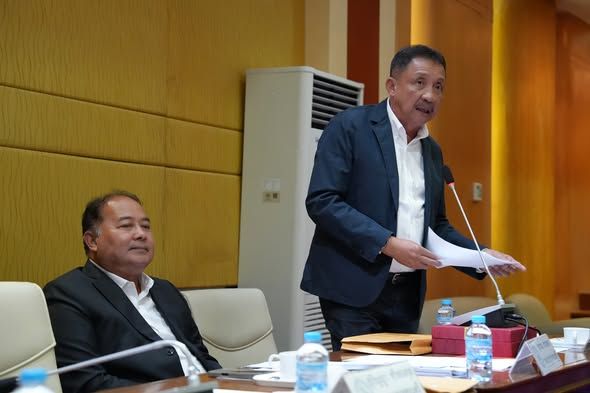Koh Samui is empowering residents through a new household wastewater management training! This initiative helps locals, including Village Health Volunteers, learn to build grease traps and protect our island’s pristine environment.
KohSamui #Thailand #SustainableTourism #IslandLife #CleanWater #EcoFriendly #TravelThailand #Samui
Background of the Training Initiative
On July 7, 2025, Koh Samui City Municipality began a significant training program aimed at improving household wastewater management. The event was held at the Phet Samui Meeting Room in the City Municipality Office and was led by Mr. Prasert Rattanawicha, the Municipal Clerk. This training forms a part of the municipality’s ongoing efforts to promote sustainable environmental practices and increase community awareness for the fiscal year 2025.
Participation and Target Groups
The training session welcomed a diverse group of participants, including members of the municipal council, heads of government departments, municipal employees, and other relevant staff. A particular focus was placed on engaging Village Health Volunteers (VHVs) from various parts of Koh Samui District, recognizing their key role in disseminating information and practices to the broader community.
Current State of Wastewater Management on Koh Samui
Koh Samui City Municipality actively manages wastewater treatment at four strategic community locations: Nathon, Lamai, Chaweng, and the area surrounding Chaweng Swamp. These facilities represent the backbone of the municipality’s efforts to safeguard water resources and public health. However, effective household-level involvement is crucial to complement and maximize the efficiency of these centralized wastewater treatments.
Objectives of the Training Program
The primary objectives of the training program include:
– Enhancing public knowledge and understanding of proper and sustainable wastewater management techniques
– Building practical skills among local residents for managing household wastewater
– Raising awareness of the importance of quality wastewater management to protect community health and the local environment
Practical Sessions: Grease Trap Construction and Use
A key feature of the training was the practical session demonstrating how to construct a basic grease trap. This do-it-yourself approach offers a cost-effective solution for preliminary wastewater treatment at the household level. Grease traps help capture fats, oils, and grease before they enter the wider wastewater system, thereby preventing blockages, protecting drainage infrastructure, and reducing pollution in public water sources.
Broader Environmental and Community Impact
By empowering residents with practical knowledge and skills, such training initiatives support the long-term sustainability of Koh Samui’s water management infrastructure. They also encourage a collective sense of responsibility among citizens, fostering a culture of proactive environmental stewardship in the local community.
Additional Resources and Support
Participants were provided with educational materials and guidance from municipal experts. The municipality also plans to continue offering support and follow-up assessments to ensure that the skills and knowledge gained through the training are effectively implemented in household settings. Ongoing public education campaigns and collaboration with local organizations aim to expand the reach and impact of these wastewater management practices across Koh Samui.
Frequently Asked Questions
FAQ: Household Wastewater Management Training in Koh Samui
What is the purpose of the household wastewater management training organized by Koh Samui City Municipality?
The training aims to enhance residents’ knowledge and practical skills in sustainable household wastewater management, particularly by teaching how to build and use grease traps. The goal is to protect Koh Samui’s environment, public health, and support sustainable tourism by reducing pollution at the household level.
Who participated in the training, and why were Village Health Volunteers (VHVs) specifically targeted?
The training involved municipal council members, government department heads, municipal staff, and especially Village Health Volunteers (VHVs). VHVs were specifically targeted because they play a crucial role in educating and spreading good practices throughout the broader community, amplifying the program’s positive impact.
How does building a grease trap at home benefit both households and the wider Koh Samui community?
Constructing and using a basic grease trap at home captures fats, oils, and grease before they enter the wastewater system. This prevents blockages, protects drainage infrastructure, and reduces pollution in local water sources, benefiting both individual households and contributing to the overall environmental sustainability of the island.
